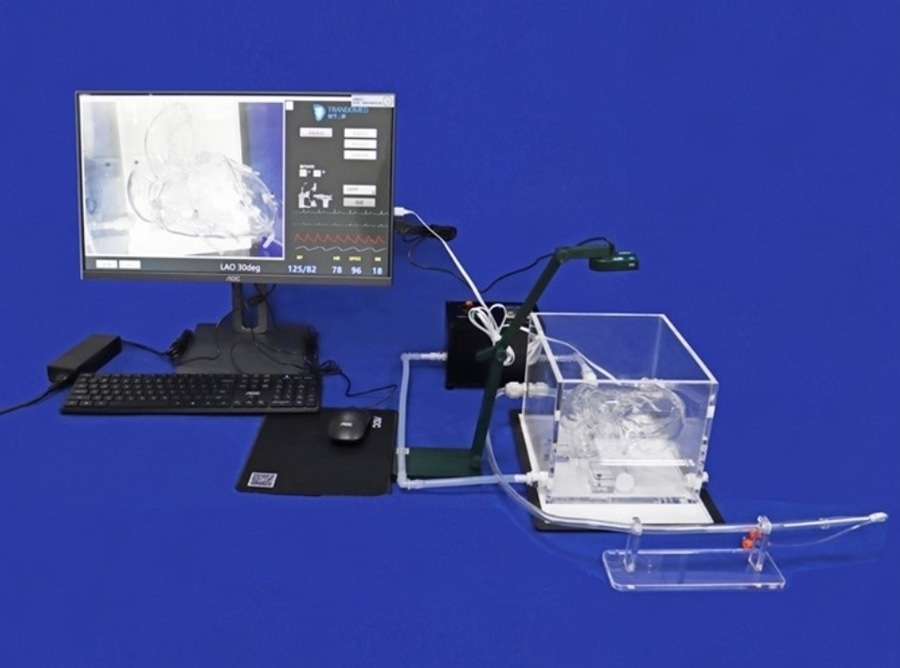
#Industry News
What is the treatment of PCI in medicine?
Percutaneous Coronary Intervention (PCI), also known as coronary angioplasty or balloon angioplasty, is a widely used medical procedure for the treatment of coronary artery disease (CAD).
It is a minimally invasive technique that involves the insertion of a small catheter into the blocked or narrowed coronary artery to restore blood flow to the heart muscle.
During a PCI procedure, a special type of balloon catheter is carefully threaded through the blood vessels to the site of the blockage. The balloon is then inflated to compress the plaque against the artery walls, widening the artery and allowing increased blood flow. In some cases, a stent may also be placed during the procedure. A stent is a small mesh-like tube that provides structural support to keep the artery open and prevent it from re-narrowing. PCI is commonly employed to alleviate symptoms associated with CAD, such as chest pain (angina) or shortness of breath. By improving blood flow to the heart, it also helps prevent heart attacks and improves overall cardiac function. PCI can be performed on either elective or emergency basis. Elective PCI refers to planned procedures performed in stable patients, while emergency PCI is carried out during heart attacks to quickly restore blood flow to the affected artery and limit heart muscle damage.
One of the significant advantages of PCI is its minimally invasive nature, as it does not require open-heart surgery. This generally leads to shorter hospital stays, faster recovery times, and reduced complications compared to traditional surgical approaches. Many PCI procedures can be performed on an outpatient basis, allowing patients to return home the same day or the following day. However, it's important to note that PCI may not be suitable for everyone with CAD. The decision to undergo PCI is based on factors such as the extent and location of the blockage, overall heart function, and the presence of other medical conditions. A thorough evaluation performed by a cardiologist is necessary to determine the most appropriate treatment approach for each individual patient.
In conclusion, Percutaneous Coronary Intervention (PCI) is a commonly used procedure in medicine for the treatment of coronary artery disease. By restoring blood flow to the heart muscle, PCI helps alleviate symptoms, reduce the risk of heart attacks, and improve overall cardiac function. Its minimally invasive nature offers benefits like shorter hospital stays and faster recoveries. However, the suitability of PCI depends on individual patient factors, and a comprehensive evaluation is crucial in determining the most appropriate treatment approach.





